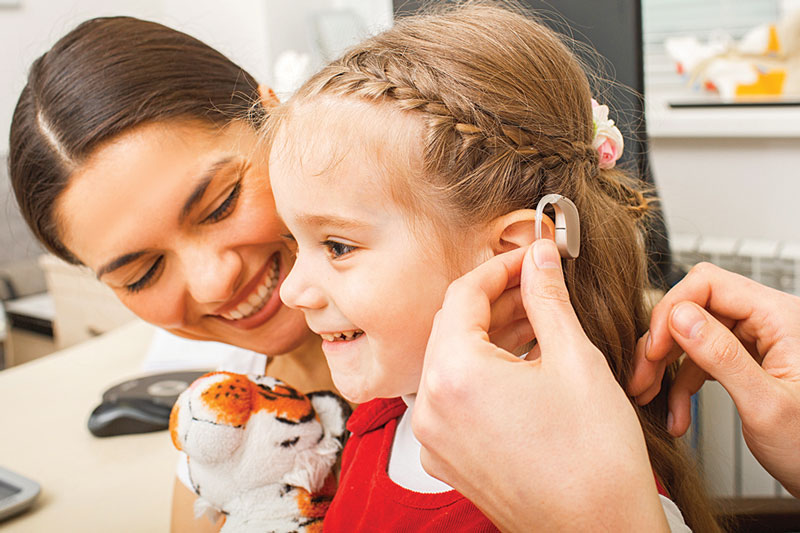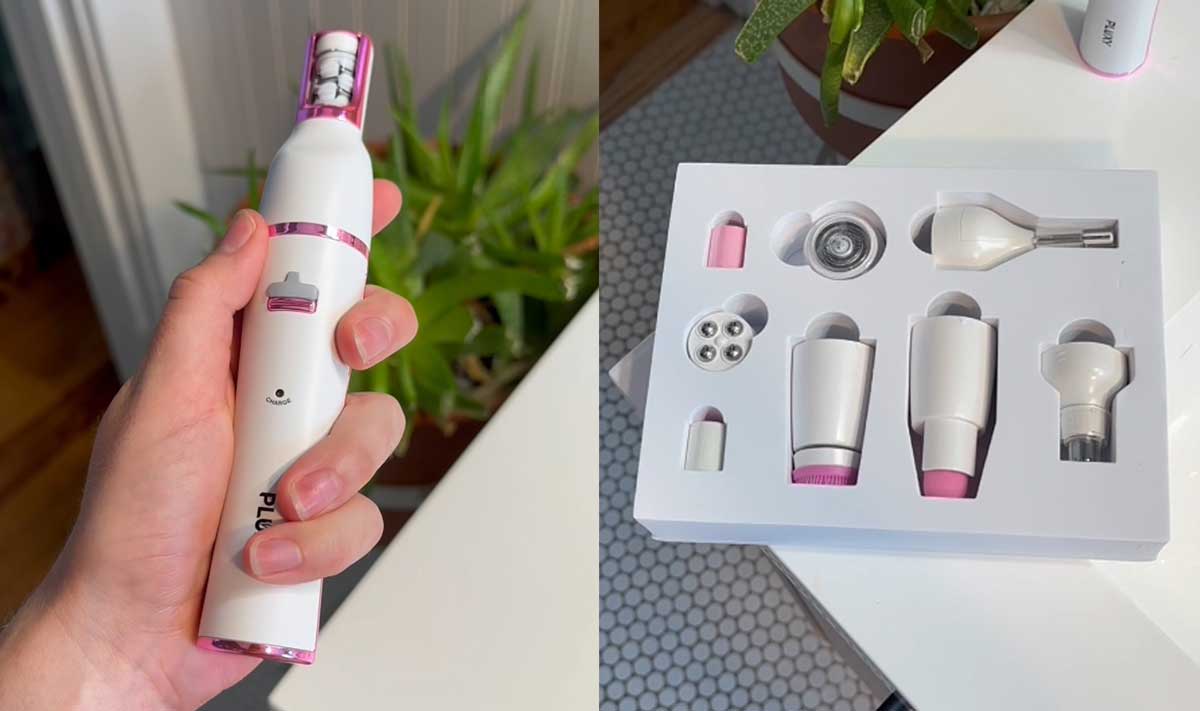Learn about the importance of early detection and intervention for hearing loss in children. Discover effective strategies and resources to ensure better futures for these young individuals.

Introduction
Hearing loss in children is a significant health concern that can have a profound impact on their overall development and future prospects. Early detection and intervention are crucial in mitigating the effects of hearing loss, enabling children to reach their full potential. In this article, we will delve into the various aspects of hearing loss in children, including its causes, detection methods, intervention strategies, and available resources. By understanding the importance of timely action, we can pave the way for better futures for these young individuals.
Causes of Hearing Loss in Children
Hearing loss in children can occur due to various factors, including:
- Genetic Factors:
- Inherited mutations or syndromes
- Family history of hearing loss
- Prenatal Factors:
- Maternal infections during pregnancy (e.g., rubella, cytomegalovirus)
- Premature birth or low birth weight
- Complications during pregnancy or childbirth
- Postnatal Factors:
- Recurrent ear infections (otitis media)
- Excessive exposure to loud noises
- Head trauma or injuries affecting the ear
Detecting Hearing Loss in Children
Early detection of hearing loss is crucial for effective intervention. Here are some methods used to identify hearing loss in children:
- Newborn Hearing Screening:
- A painless and quick test conducted shortly after birth
- Measures the baby’s response to sound stimuli
- Developmental Monitoring:
- Regular monitoring of a child’s milestones, including speech and language development
- Observing for signs of delayed or impaired hearing
- Diagnostic Testing:
- Comprehensive audiological assessments performed by qualified professionals
- Includes pure-tone audiometry, tympanometry, and otoacoustic emissions (OAE) testing
Intervention Strategies
When hearing loss is detected in children, prompt intervention can make a world of difference in their lives. Here are some effective strategies:
- Hearing Aids:
- Customized devices that amplify sound and improve audibility
- Modern hearing aids are discreet and offer advanced features
- Cochlear Implants:
- Surgical implants that bypass damaged parts of the ear and stimulate the auditory nerve directly
- Suitable for children with severe to profound hearing loss
- Speech and Language Therapy:
- Vital for developing communication skills and overcoming speech delays
- Therapists work on speech articulation, language comprehension, and auditory processing
- Assistive Listening Devices (ALDs):
- Devices that enhance sound clarity and reduce background noise
- ALDs can be used in classrooms or other environments where hearing may be challenging
- Classroom Accommodations:
- Educators can make adjustments to ensure optimal learning environments for children with hearing loss
- Strategies may include preferential seating, use of visual aids, and improved acoustics
Resources and Support
Several resources and support systems are available to assist families and professionals in addressing hearing loss in children:
- Early Intervention Programs:
- Government-funded programs that offer comprehensive support for families of children with hearing loss
- Provide access to therapies, counseling, and educational resources
- Audiologists and Speech-Language Pathologists:
- Certified professionals who specialize in diagnosing and treating hearing loss in children
- Collaborate with families and educators to develop personalized intervention plans
- Support Groups and Online Communities:
- Platforms where parents and caregivers can connect with others facing similar challenges
- Opportunities to share experiences,
- Educational Resources:
- Books, websites, and online courses dedicated to educating parents, caregivers, and educators about hearing loss in children
- Provide insights into effective communication strategies and techniques
- Pediatric Hearing Centers:
- Specialized facilities that offer comprehensive evaluations, interventions, and ongoing support for children with hearing loss
- Work closely with families to ensure optimal outcomes for their children
Frequently Asked Questions (FAQs)
Q: Can hearing loss in children be cured? A: In some cases, hearing loss can be treated or managed effectively through interventions such as hearing aids or cochlear implants. However, the specific treatment depends on the individual child’s condition and should be determined by a qualified healthcare professional.
Q: How can I recognize the signs of hearing loss in my child? A: Signs of hearing loss in children may include delayed speech and language development, difficulty following instructions, frequently asking for repetition, and lack of response to sound stimuli. If you suspect hearing loss, consult an audiologist for a comprehensive evaluation.
Q: Will my child with hearing loss be able to attend regular schools? A: With appropriate interventions, accommodations, and support, children with hearing loss can successfully attend regular schools. Educational professionals can work with families to implement strategies that promote inclusive learning environments.
Q: What can I do to support my child’s communication skills? A: Speech and language therapy, along with consistent practice at home, can significantly enhance your child’s communication skills. Work closely with speech-language pathologists to develop personalized goals and activities that target your child’s specific needs.
Q: Are there any preventive measures to reduce the risk of hearing loss in children? A: While some causes of hearing loss cannot be prevented, taking certain precautions can minimize the risk. These include protecting your child’s ears from loud noises, ensuring timely treatment of ear infections, and seeking genetic counseling if there is a family history of hearing loss.
Conclusion
Early detection and intervention are paramount when it comes to hearing loss in children. By recognizing the signs, seeking professional evaluations, and implementing appropriate interventions, we can help children with hearing loss thrive and reach their full potential. The availability of resources, support systems, and educational programs further contributes to their overall well-being and success. Let us strive to create inclusive environments that empower children with hearing loss to lead fulfilling lives and build better futures for themselves. Together, we can make a significant difference in their journey.


